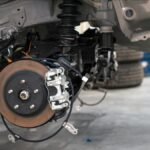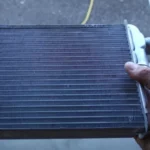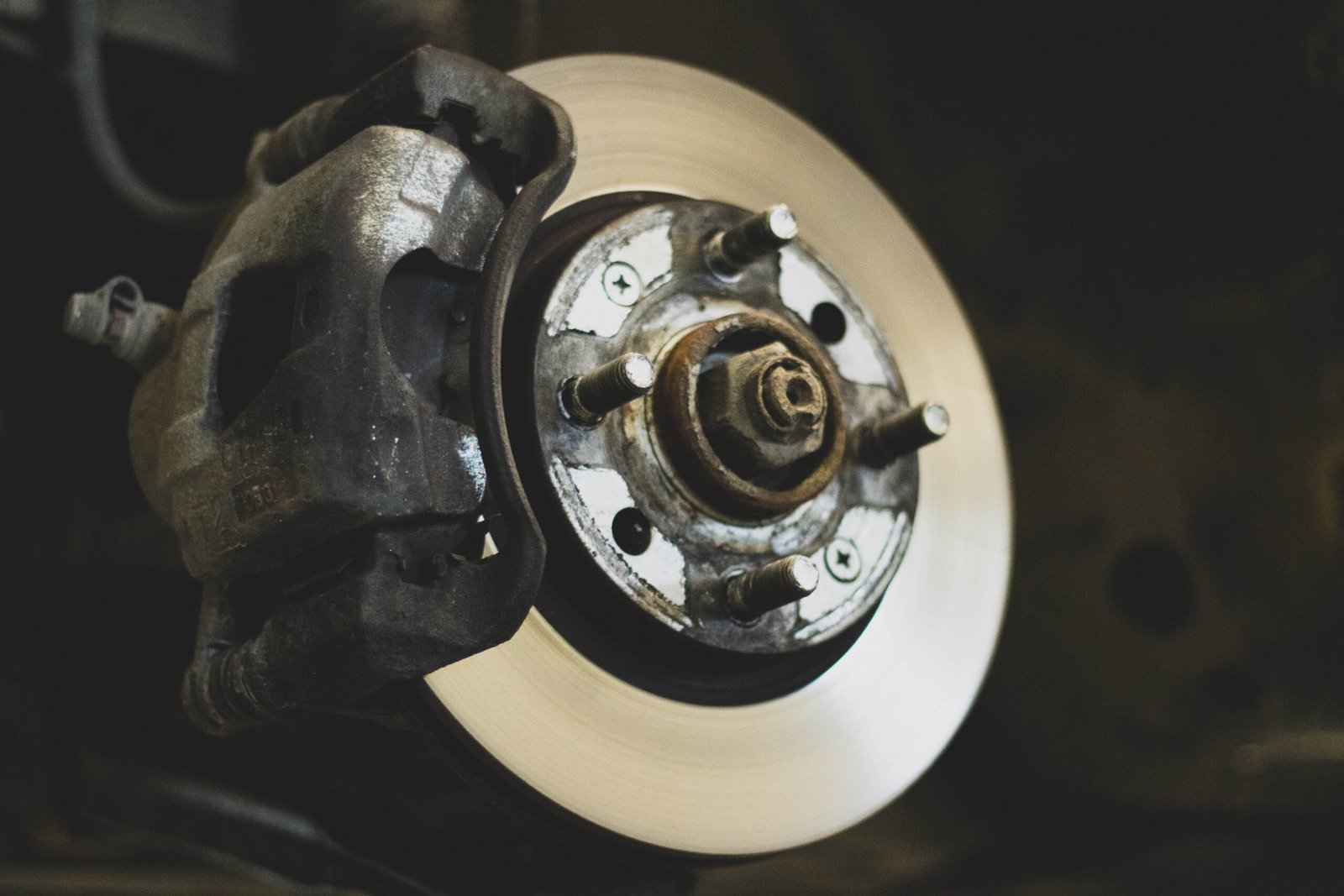
10 Signs You’re Driving Your Car Too Hard
Introduction
Driving a car can be an exhilarating experience, but it’s important to remember that your vehicle has limits. Pushing your car too hard can lead to costly repairs and even accidents. In this article, we will discuss 10 signs that indicate you may be driving your car too hard. By recognizing these signs, you can take the necessary steps to ensure the longevity and safety of your vehicle.
1. Frequent Brake Replacement
If you find yourself replacing your brake pads more often than usual, it could be a sign that you’re driving your car too hard. Constant aggressive braking puts excessive strain on your brakes, causing them to wear out quickly. To avoid this, try to anticipate traffic conditions and brake smoothly and gradually.
2. Excessive Tire Wear
Another sign that you may be driving your car too hard is excessive tire wear. If you notice uneven tread wear or bald spots on your tires, it’s likely that you’re putting too much stress on them. This can be caused by aggressive acceleration, hard braking, or taking corners too sharply. To prevent premature tire wear, practice smooth acceleration and deceleration, and take turns at a moderate speed.
3. Overheating Engine
An overheating engine is a clear indication that you’re pushing your car beyond its limits. This can be caused by a variety of factors, such as driving at high speeds for extended periods, towing heavy loads, or neglecting regular maintenance. If your engine temperature gauge consistently shows high readings, it’s crucial to address the issue promptly to prevent serious damage.
4. Transmission Problems
If you’re experiencing frequent transmission issues, it could be a result of driving your car too hard. Aggressive shifting, rapid acceleration, and excessive towing can put a strain on your transmission system. Signs of transmission problems include slipping gears, delayed shifting, or unusual noises. Regularly servicing your transmission and driving with a lighter foot can help prevent these issues.
5. Increased Fuel Consumption
Driving your car too hard can significantly impact your fuel efficiency. Constantly accelerating and braking aggressively can cause your engine to work harder, resulting in increased fuel consumption. If you notice a sudden decrease in fuel economy, it’s worth evaluating your driving habits and making adjustments to drive more efficiently.
6. Suspension Damage
Driving over potholes, speed bumps, or rough terrain at high speeds can cause damage to your suspension system. Signs of suspension damage include a bumpy ride, uneven tire wear, or a noticeable difference in handling. To avoid unnecessary wear and tear, slow down when encountering obstacles on the road.
7. Unusual Noises
If you hear strange noises coming from your car, it could be a sign that you’re driving it too hard. These noises could indicate issues with the engine, brakes, suspension, or other vital components. Ignoring unusual sounds can lead to more severe problems down the line, so it’s essential to have them checked by a qualified mechanic.
8. Premature Clutch Failure
If you drive a manual transmission car, premature clutch failure can be a result of aggressive driving. Riding the clutch, excessive revving, or abrupt gear changes can put unnecessary strain on the clutch system, leading to premature wear and failure. Practicing smooth gear changes and avoiding unnecessary clutch usage can help prolong the life of your clutch.
9. Increased Exhaust Smoke
If you notice an increase in exhaust smoke, especially dark or thick smoke, it could be a sign that you’re driving your car too hard. This can be an indication of engine problems, such as burning oil or a malfunctioning catalytic converter. It’s crucial to have your vehicle inspected by a professional to identify and address the underlying issue.
10. Reduced Vehicle Lifespan
Driving your car too hard can significantly reduce its overall lifespan. Constantly pushing your vehicle beyond its limits will result in increased wear and tear on various components, leading to more frequent breakdowns and costly repairs. By driving responsibly and following recommended maintenance schedules, you can extend the life of your car and save money in the long run.
Conclusion
Knowing the signs that indicate you’re driving your car too hard is essential for the health and safety of your vehicle. By paying attention to these signs and making necessary adjustments to your driving habits, you can protect your car from unnecessary damage and ensure it lasts for years to come. Remember, driving responsibly not only benefits your car but also the safety of yourself and others on the road.




